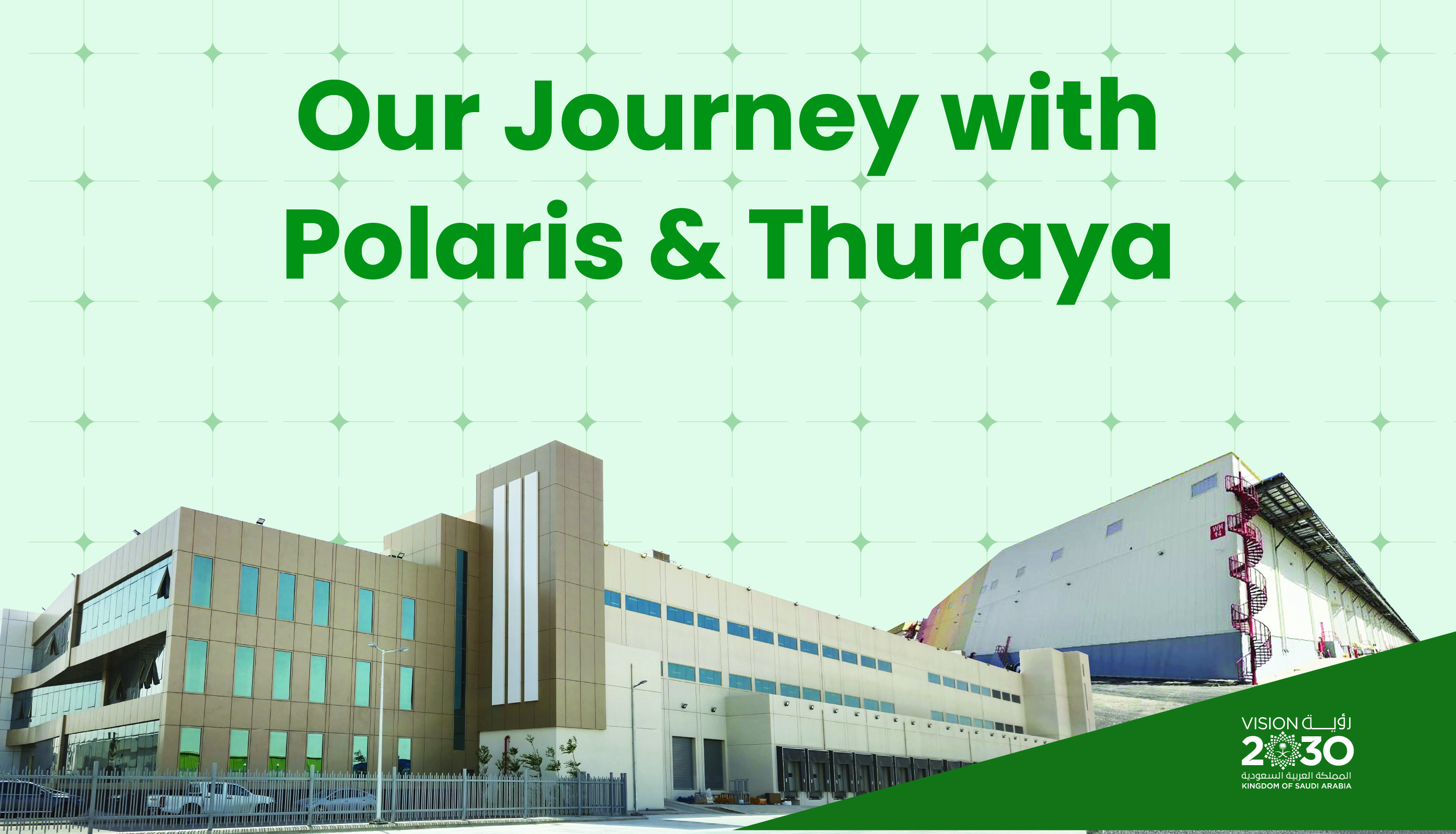Related Post



.jpg)
Automation in B2B Logistics: Why It’s the Future of Efficiency Introduction: The Rise of Automation and AI in Logistics
In my seven years at Starlinks, I've watched our industry transform. What once required countless phone calls, manual tracking, and constant firefighting has evolved into something far more sophisticated—and necessary.
As General Manager of B2B at Starlinks, I've guided companies through this transition, seeing both the hesitation and the eventual recognition that automation isn't just another tech trend—it's redefining what's possible in logistics.
Automation and AI in logistics isn't abstract—it's practical technology solving real business challenges every day.
When we implement logistics automation, we're digitizing and streamlining operations that once depended entirely on human attention: inventory management, shipment tracking, order processing, and customer communications.
AI elevates this further by adding intelligence to these systems. Rather than simply executing tasks, AI-powered solutions can analyze patterns, predict outcomes, and make decisions that optimize the entire supply chain.
In practice, this manifests as:
1- Warehouse Management Systems that provide real-time inventory visibility, reducing stock discrepancies and improving fulfillment accuracy
2- Route optimization software that considers traffic patterns, delivery priorities, and vehicle capacities to create more efficient delivery schedules
3- Customer service platforms that provide accurate, immediate responses to order status inquiries without increasing staffing requirements
The difference between businesses embracing these technologies and those hesitating is becoming increasingly apparent in service quality, operational costs, and market agility.
The most immediate benefit of automation is efficiency. Tasks that once took hours now complete in minutes. Decisions that required meetings can happen automatically based on predefined parameters.
I've seen companies transform their operations after implementing automated warehouse systems—not just saving time but fundamentally changing how their teams work. Instead of spending hours on data entry and inventory checks, staff focus on customer relationships and strategic improvements.
The financial implications are substantial. Beyond the obvious labor savings, intelligent systems minimize costly errors and optimize resource allocation.
One of our manufacturing clients reduced transportation costs by 18% within six months by implementing AI-driven route planning. Their vehicles travel fewer empty kilometers, use less fuel, and complete more deliveries per day—creating compounding savings that directly impact the bottom line.
In B2B logistics, errors aren't just inconvenient—they're expensive and damaging to relationships. When an urgent shipment arrives incomplete or late, the consequences cascade through the supply chain.
Automation dramatically reduces these incidents. A food distribution company we work with improved order accuracy from 96% to 99.8% after implementing automated inventory and order management—virtually eliminating the cost and disruption of rectifying mistakes.
Perhaps most valuable is the ability to grow without proportional increases in complexity or cost. Digital systems scale efficiently, allowing businesses to handle surges in volume that would overwhelm manual processes.
During seasonal peaks, our automated systems process five times the normal order volume without additional staffing or extended processing times—flexibility that would be impossible with traditional approaches.
Success with automation and AI begins with leadership vision. In my experience working with diverse businesses across the region, the most successful transformations share common leadership approaches:
1- Strategic alignment with business objectives. The most effective implementations start with clear understanding of business goals—automation serves the strategy, not the other way around.
2- Cultural readiness and team engagement. Leaders who communicate the purpose behind automation and involve their teams early see faster adoption and more creative applications of the technology.
3- Commitment to skills development. Technology changes job requirements. Forward-thinking organizations invest in training and development, helping employees adapt to new tools and focusing their talents on higher-value activities.
The path to automation is not without challenges, but these can be systematically addressed:
1- Change resistance is natural and should be anticipated. We develop comprehensive change management plans that include clear communication about benefits, hands-on training, and phased implementation to build confidence gradually.
2- Initial investment concerns are legitimate. However, properly implemented systems typically show positive ROI within 12-18 months through operational savings and performance improvements. The financial case becomes compelling when considering both direct savings and opportunity costs of inaction.
3-Integration with existing systems requires careful planning. Modern logistics solutions must work within complex technology ecosystems. At Starlinks, we prioritize adaptable platforms that connect seamlessly with legacy systems—minimizing disruption while maximizing value.
What truly excites me about this field is where we're heading. The technologies emerging now will fundamentally transform B2B logistics over the next decade:
1. Predictive systems that identify potential disruptions days or weeks before they occur, allowing for proactive rather than reactive management
2. Fully autonomous planning that continuously optimizes routes, inventory, and resources without human intervention
3. End-to-end visibility across complex supply chains, enabling true collaboration between partners
These aren't distant possibilities—they're technologies being implemented by forward-thinking companies today, creating competitive advantages that will be difficult to overcome.
The business landscape is changing rapidly. Customer expectations continue to rise, margins remain under pressure, and complexity increases with globalization and market volatility.
In this environment, automation and AI have moved beyond competitive advantage to business necessity. Organizations that embrace these technologies develop operational capabilities that manual processes simply cannot match—greater efficiency, lower costs, higher accuracy, and the ability to scale dynamically with market demands.
At Starlinks, we're committed to helping our partners navigate this transformation. The companies succeeding in today's market aren't asking whether to invest in automation—they're determining how to implement it most effectively to address their specific challenges and opportunities.
The future belongs to businesses with the vision to see beyond traditional approaches and the courage to embrace the technologies reshaping our industry. I invite you to join the conversation about how automation and AI can transform your logistics operations and position your business for sustained success.


